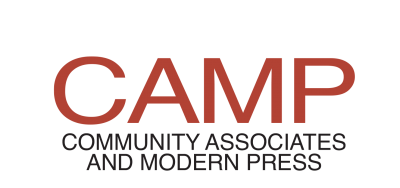Shoreline Recovery Center Educates Parents, Caretakers on the Danger of Encouraging Long-Term Patterns Towards Addiction

SAN DIEGO, October 17, 2024 (Newswire.com) - Loved ones and caretakers have a critical role to play when it comes to addiction recovery. The disease affects the entire family, with individuals sometimes unknowingly contributing to or reinforcing dependency of alcohol or substance abuse. “Even with the best intentions, behaviors including codependency, enabling or unresolved family trauma can play into the dynamic,” said Shoreline Recovery Center Therapist Max Kubota.
Enabling is more common than most people realize.
“It comes from a place of love, but often allows the addiction to continue without consequences,” he said. “I see it all the time.”
Enabling can start as early as childhood and can carry into adulthood with an overprotective parent or someone who struggles to set boundaries.
“In some cases, parents might shield their child from the natural consequences of their behavior—whether it’s poor grades, job issues, or relationship problems, which can contribute to a sense of entitlement or avoidance of responsibility later in life,” said Shoreline Recovery Center Director Mike Gallagher.
Parents want to protect their children and seeing them struggle is incredibly painful.
“They might be afraid that if they don’t step in, something terrible could happen,” Gallagher said. “There’s also the hope that ‘this’ time will be different, so they continue to give their loved one the benefit of the doubt.”
Parents don’t often realize they’re part of the problem until after they’ve been part of the therapeutic process.
Therapy helps them understand their role in the family dynamic and how those patterns may encourage the addiction.
“Family involvement can make a huge difference in someone’s ability to get better,” Kubota said. “When family members are willing to acknowledge their own behaviors and make changes, it helps break the cycle.”
These attitudes and behaviors also give the person in recovery a much better chance at long-term success. By maintaining their own emotional health, they’re better equipped to support their loved one without enabling the addiction.
“Parents can be part of the solution by learning how to set healthy boundaries, attending family therapy and educating themselves about addiction and recovery,” Gallagher said. “It’s also important for them to focus on their own self-care, which can sometimes get neglected in these situations.”
A sense of relief often comes with breaking old patterns and realizing that supporting recovery doesn’t mean enabling the addiction. Shoreline Recovery Center uses a variety of family-based interventions to rebuild connections. Family therapy is practiced as a cornerstone approach to more open and honest communication. The facility also provides education on addiction recovery for San Diego residents, allowing families to better understand what their loved one is going through.
“Boundary-setting workshops and support groups for family members are key because they give parents and caretakers the tools they need to support their loved one without enabling,” Kubota said. “The goal is to create a healthier family dynamic that supports long-term recovery for everyone involved.”
Source: Shoreline Recovery Center
